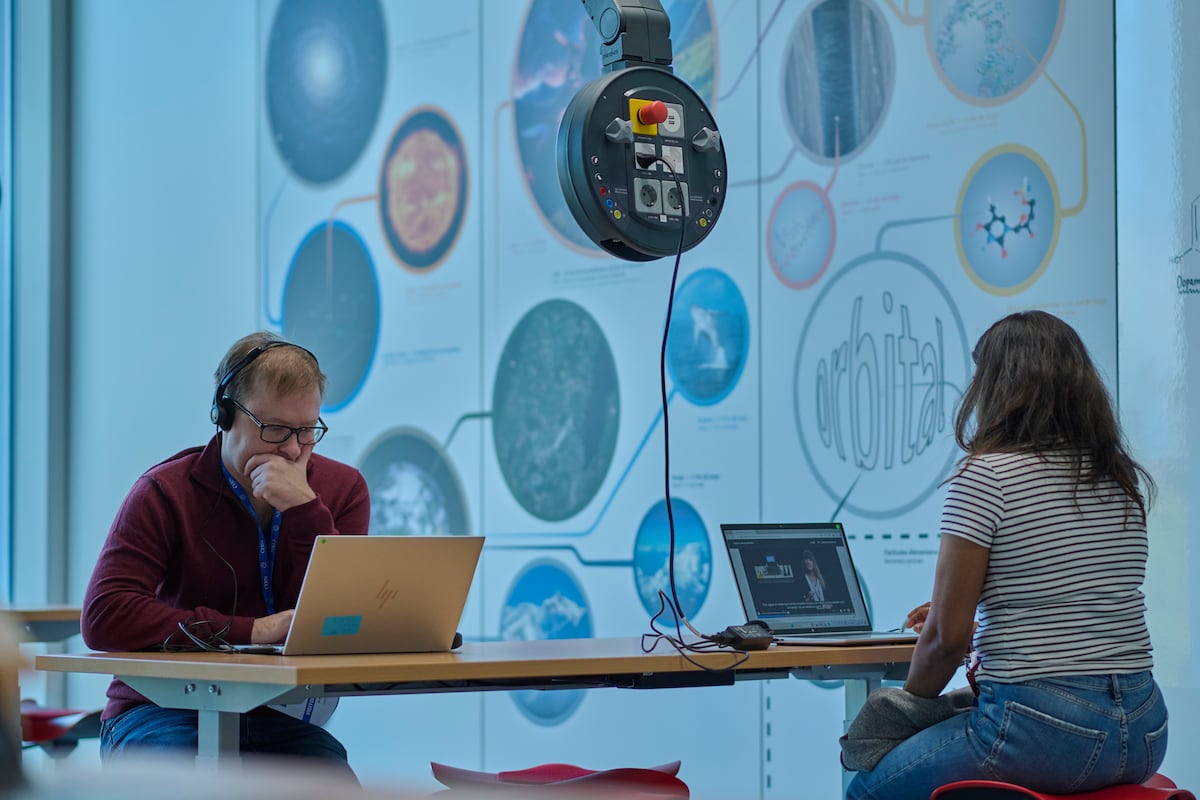Revolutionary Applications of Artificial Intelligence in Healthcare: Insights from CERN
The European Organization for Nuclear Research, commonly known as CERN, is renowned for its groundbreaking work in particle physics. However, what many may not know is that CERN’s expertise in managing vast amounts of data securely and decentralizing information has unlocked groundbreaking applications in healthcare.
Collaborating with European hospitals, CERN is pioneering the use of artificial intelligence to optimize healthcare delivery. By processing data locally, hospitals can protect patient privacy while leveraging shared resources to create reliable AI models for disease analysis and prediction.
Improving Stroke Patient Monitoring with AI
One notable application of CERN’s data processing model is Truststroke, a project enhancing stroke treatment through AI. By analyzing brain images of stroke patients, the algorithm predicts patient outcomes, guides treatment decisions, and assesses recurrence risks. With stroke affecting millions of individuals annually, tools like Truststroke support overwhelmed healthcare professionals in providing effective care.
Enhancing Breast Cancer Screening
CERN is also developing a cancer detection program set to revolutionize breast cancer screening. By evaluating an array of factors beyond traditional metrics, such as dietary habits and lifestyle choices, the AI model aims to enhance screening accuracy and personalized risk assessment. This innovative approach promises to transform current protocols, offering a more comprehensive and efficient screening process.
Advancing Radiation Therapy with AI
Additionally, CERN’s STELLA project focuses on leveraging AI to enhance linear radiotherapy accelerators. By simplifying equipment operation and maintenance processes, this initiative aims to make radiation therapy more accessible, particularly in low-resource settings. Through predictive maintenance and user guidance, the project seeks to streamline treatment delivery and improve patient outcomes, especially in regions with limited access to radiation therapy devices.
Predictive Capabilities in Neurological Conditions
Furthermore, CERN’s AI applications extend to neurological conditions like Alzheimer’s and brain tumors. By analyzing MRI images, the algorithm can pinpoint abnormalities in brain structures, aiding in early detection and treatment planning. This innovative technology has the potential to transform neurological care, offering tailored solutions for individuals with complex brain pathologies.
In conclusion, CERN’s pioneering work in applying artificial intelligence to healthcare underscores the transformative potential of AI in optimizing medical practices. By leveraging data processing strategies and advanced AI algorithms, CERN is paving the way for innovative solutions that enhance patient care, disease detection, and treatment outcomes. As we witness the intersection of physics and medicine, the possibilities for AI-driven healthcare innovations are limitless, promising a future of enhanced precision and personalized care for patients worldwide.
IntelliPrompt curated this article: Read the full story at the original source by clicking here a fun game: sprunki horror

